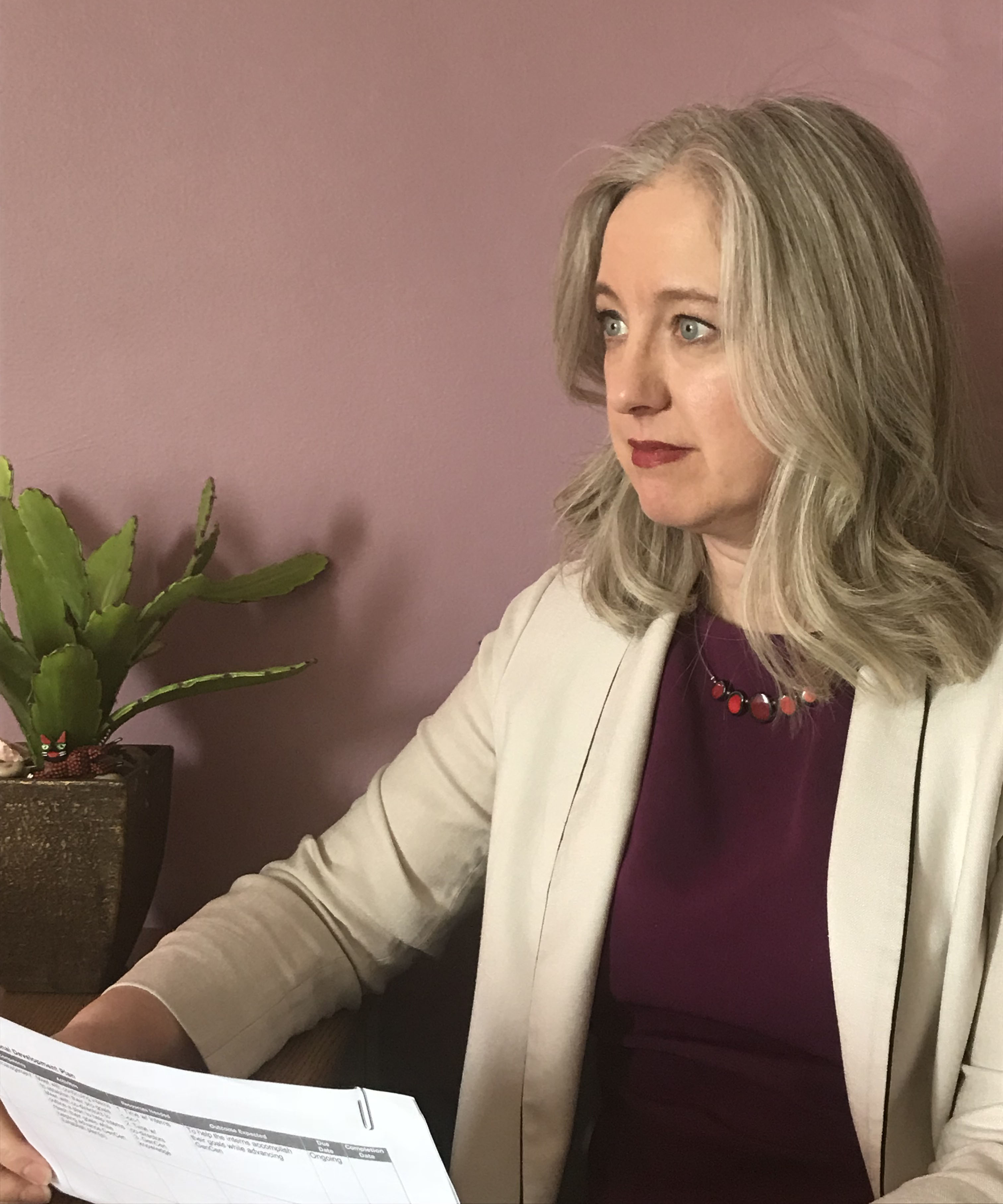Turkey is historically a migrant sending and transit country. But immigration to Turkey has increased in the last decade, driven in part by the nearly decade-long war in neighboring Syria. Refugee migrations to Turkey, from Syria as well as other countries, have prompted the country to take a more proactive approach to managing in-migration and more intentionally integrating refugees into Turkish society.
In countries like the United States, civil society takes a prominent role in facilitating integration through government partnerships with non-governmental organizations (NGOs), and in the United States those NGOs are often faith-based. I have written about the history of faith-based organizations’ involvement and religious motivations undergirding refugee resettlement in the United States. Turkey presents an interesting contrast, as their civil society infrastructure is nascent compared to what exists in America, but it is growing rapidly and religion plays an important and sometimes fraught role in that expansion.
Turkey is not a full signatory to the 1951 Geneva Convention (the United Nations agreement that codified international responsibility to protect refugees). Turkey signed onto the Geneva Convention with a geographic limitation that they were only obligated to protect refugees originating from Europe. Thus, there was no legal framework for refugee protection or integration until the passage of the Law on Foreigners and International Protection (LFIP) in 2013. The LFIP is the first comprehensive migration management legislation in Turkey’s history, codifying the temporary protection of refugees, Syrian and non-Syrian. It does not include references to partnerships with civil society organizations, nor does it frame refugee protection in religious terms. But in providing a legal status for refugees, it creates a space in which NGOs can openly perform migrant assistance and advocacy work without concerns of government penalization.
Religious NGOs played a limited role in Turkish civil society prior to 2002. They did not fit well into the Kemalist project of Turkish secularism, and their foci tended to be teaching Muslim practices and conducting charitable work. But the rise of the Justice and Development Party (AKP) in 2002 opened up space for Islamic NGOs. (Organizations of other faiths remain highly restricted; in 2019 the government approved the construction of the first Orthodox church since 1923.) This coincided with a general growth in Turkish civil society, although because of the politics of AKP some scholars have surmised that faith-based NGOs have more cooperative relationships with the government compared to secular NGOs, especially government assistance to Syrians. The association between Syrian refugee hosting and AKP’s and president Recep Tayyip Erdoğan’s political Islam is so strong that some Syrian families I know from my research packed their bags during the July 2016 coup attempt, thinking that if AKP fell out of power that they would be forced to leave.
Religion also affects the public discourse on protection and integration of Syrian refugees, as well as the attitudes of individual Turks towards Syrians. Many Turks invoked ethics of Islamic hospitality towards Syrians, often in parallel with AKP political Islamic discourse. The term “guests” was commonly used to refer to Syrians, invoking Islamic hospitality. Erdoğan often referred to Syrians as brothers, invoking the religious similarities of Syrians to Turks. Studies indicate that invoking a shared Muslim identity generally makes Turks more willing to donate money to support Syrians, and shared Sunni identity specifically reduces bias against Syrians.
However, religious ethics and religious similarity do not entirely overcome concerns about and animosity towards Syrian refugees. Several studies have indicated that overall Turks have a negative perception of Syrians; while they express significant compassion for their plight, many Turks also express concerns about the security threat that Syrian refugees present, that the large number of Syrians will change Turkish culture, and anxiousness about the economic impact of Syrians. Anti-Syrian attitudes seem to align with political affiliation and Turkish nationalism more than religious identification.
Shared religion will not automatically facilitate Syrians’ integration into Turkish society. Syrians are easily identifiable as foreigners, and xenophobia towards Syrians will likely continue for some time. With the current tensions in Turkish politics, it is likely that politicians will mobilize faith-based discourse for their political benefit (whatever that may look like) more than for the benefit of Syrians. But through the work of individual Turks and the growing faith-based NGO sector, religion might serve as one bridge among many to help make Turkey a welcoming home for Syrians, however long and winding that process may be.

